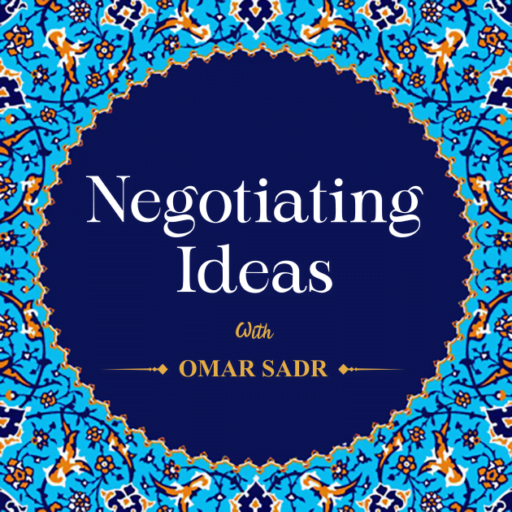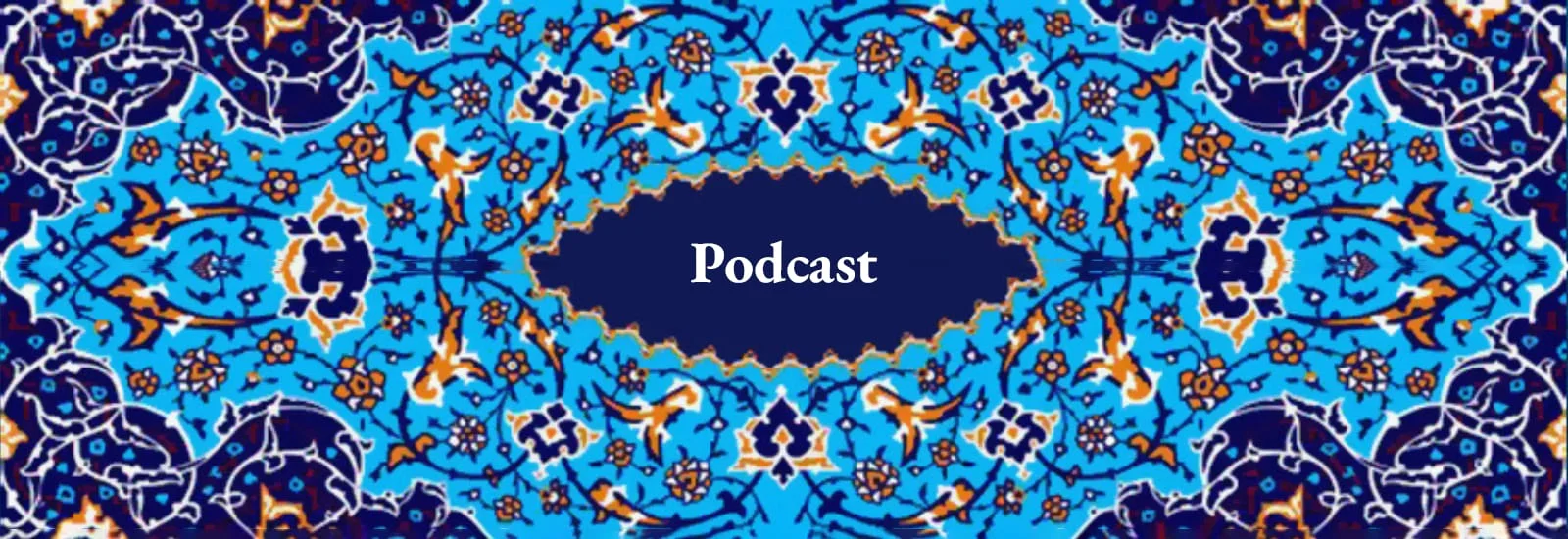
Omar Sadr talks to Dr Dipali Mukhopadhyay about the Taliban’s model of governance, their perception of the state, and their ideology.
Dipali Mukhopadhyay is an associate professor in the global policy area at the Humphrey School of Public Affairs. Her research focuses on the relationships between political violence, state building, and governance during and after war. She is currently serving as senior expert on the Afghanistan peace process for the U.S. Institute of Peace. She is the author of Good Rebel Governance: Revolutionary Politics and Western Intervention in Syria (Cambridge University Press, forthcoming) with Kimberly Howe, and Warlords, Strongman Governors and State Building in Afghanistan (Cambridge University Press, 2014).
Further Readings
- Dipali Mukhopadhyay, The Taliban Have Not Moderated | Foreign Affairs
- Dipali Mukhopadhyay, Review: The American War in Afghanistan: A History (issforum.org)
- Noah Coburn, Bazaar Politics: Power and Pottery in an Afghan Market Town
- Juan R. I. Cole, The Taliban, Women, and the Hegelian Private Sphere Vol. 70, No. 3, Islam: The Public and Private Spheres (fall 2003),

